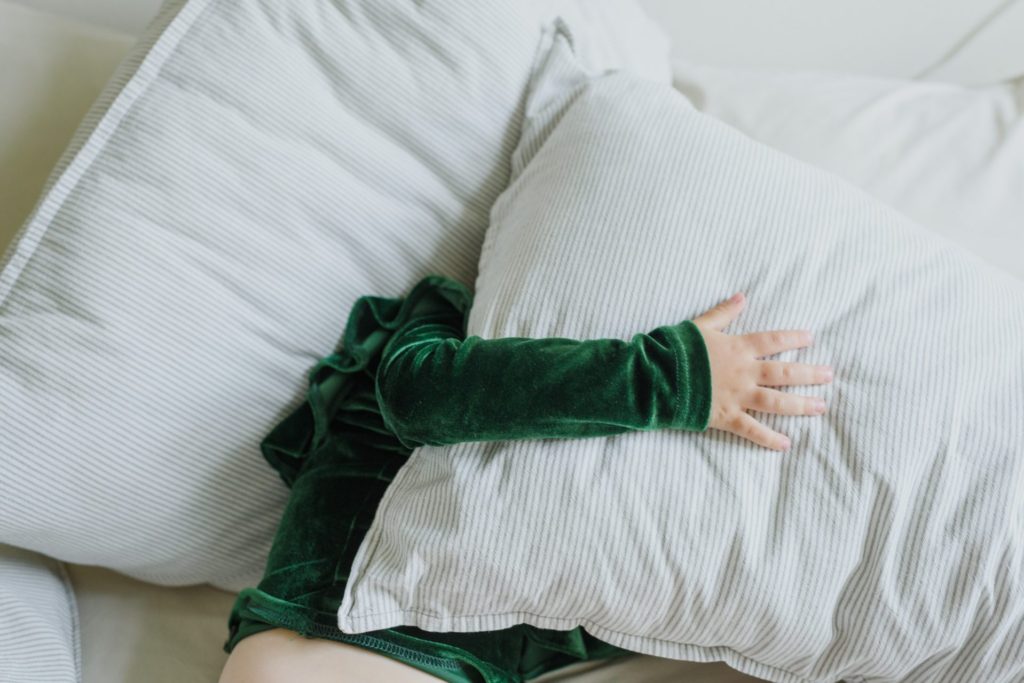
Things that go Bump in the Night
Your fun filled toddler has eventually started to sleep beautifully in the night and you’re loving the peaceful nights, only to be woken up at 11pm with him screaming!
You rush into his room to find him thrashing about in bed, mumbling not making any sense. You feel his forehead, he doesn’t feel hot…. His eyes are open… You call his name and he doesn’t seem to register you. What is going on?
The most likely things is that he’s had his first night terror.
What are night terrors?
Night terrors are what we call a parasomnia. Other parasomnias include sleep walking, sleep talking, nightmares, restless legs and obstructive sleep apnoea.
Night terrors typically affect 3-6 % children 4-12yo years old . There’s a strong genetic component with around 80% of children having a family member with a history of them. They usually happen within the first few hours of their sleeping and whilst they’re shifting between sleep cycles (for those interested in the science). It’s a weird half awake half asleep event and children have no awareness or recollection of the event.
This is different from nightmares that usually happen in the second half of the night and your child will wake up and recall the event.
Night terrors start abruptly often with shouting, screaming, kicking, trashing about and even walking. Your child's breathing and heart rate speeds up and they may be sweaty. They look very very scared and watching it is heartbreaking. It's an agonising 10-30 minutes which is how long they usually go on for.
Thankfully night terrors don’t indicate any underlying pathology or emotional troubles but they are exacerbated by certain things.
What to do if your child has night terrors
Despite the very alarming appearance of a terror, the general advice is to do very little. As a parent this is really hard. I know, I’ve been there! But what you shouldn’t do is wake your child as this can actually make it worse.
You should stay calm, be with them, and keep them safe from any injury if they’re moving around. So turn the light on, hold their hand (or them if they allow) and talk to them softly.
Can we stop night terrors?
There are a few things that may help decrease the frequency as it seems to be a state of over arousal that precipitates them. It can also happen more if they’re unwell.
Here are some tips to manage and minimise night terrors:
- Make sure your child isn’t overtired as they happen more frequently if they are
- Have a regular & relaxing bedtime routine
- Keep their bedroom cooler
- Consider waking them up 15 minutes before if they’re having terrors regularly at a predictable time
- Keep a food diary to see if it realtes to their diet
- Consider deworming them
- Consider iron deficiency
- If they’ve recently started a new medication, it could be from that
Although a night terror is frightening to witness it is harmless and will resolve over time. They’re usually diagnosed based on the history (or a helpful video you’ve taken at home). They DO NOT cause any rhythmical jerky seizure like movements so this needs to be investigated. It’s also very unusual for them to go for over 30 minutes (thankfully!)
Here's a recent talk I gave on night terrors, night mares and obstructive sleep apnoea if you'd like to learn more 🙂

This was great – very reassuring! My son gets terrible night terrors.
Aren’t they awful?! I’m happy this helped 🙂